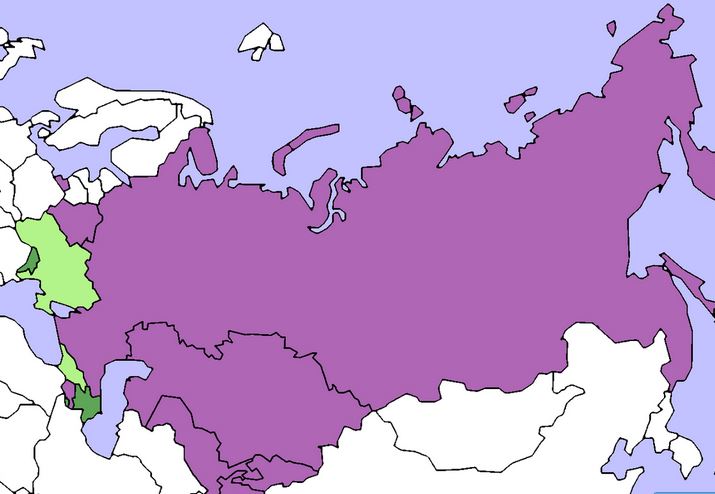A new round of high-level GUUAM-U.S. consultations was held during the GUUAM Summit, July 3-4 in Yalta, Ukraine. Ambassador Steve Pifer, Deputy Assistant Secretary of State, led the U.S. delegation.
 The Participants discussed the current state and prospects of the GUUAM-U.S. dialogue. They attached great importance to the cooperation GUUAM and the United States have developed over the past three years. They agreed to continue mutually beneficial cooperation, as well as specific projects, and also to explore new areas of interaction.
The Participants discussed the current state and prospects of the GUUAM-U.S. dialogue. They attached great importance to the cooperation GUUAM and the United States have developed over the past three years. They agreed to continue mutually beneficial cooperation, as well as specific projects, and also to explore new areas of interaction.
The GUUAM Member States expressed support for combating international terrorism, preventing proliferation of weapons of mass destruction and related technologies, combating organized crime, and confronting other global challenges. They affirmed their willingness to develop consolidated efforts with a view to increasing the efficiency of their cooperation in these areas. The joint exploration of ways to confront these common challenges to the GUUAM states and the United States constitutes an important aspect of GUUAM-U.S. cooperation.
The United States appreciates the measures being taken by GUUAM to enhance rule of law, advance democratization and provide for stable economic development in the Group’s states and the region. It was stressed that U.S. effective support ensures progress in these efforts.
The Participants noted the progress achieved in advancing the “GUUAM-U.S. Framework Program” and reaffirmed their commitment to further implementing this important document. The Participants commended the signature of the Memorandum of Understanding of GUUAM Member States on the Project on Trade and Transport Facilitation at the Summit, which will among other things enhance border security and customs control while facilitating regional trade.
The Participants agreed to continue their cooperation in implementation of the Project on Establishment of the GUUAM Virtual Center on combating terrorism, organized crime, drug trafficking and other forms of dangerous crimes and Creation of Intergovernmental Information Management System (IIMS) according to the Agreement signed at the Summit.
The Participants look forward to the start of the practical implementation of the projects on Trade and Transport Facilitation and the Virtual Center with IIMS on September 1, 2003 in Kiev and Baku, respectively.
